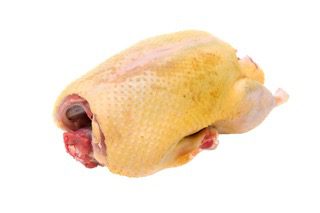

Dogs can safely consume duck carcasses as they are a rich source of high-quality protein that can enhance their muscle development and increase energy levels. However, due to their high-fat content, it is recommended to serve them in moderation to avoid any potential digestive issues.
Duck carcasses are packed with meaty bones, skin, and amino acids that can help with cell repair, muscle development, and provide an energy boost to dogs.
Feeding your dog excessive amounts of duck carcasses can lead to obesity and pancreatitis due to their high-calorie and fat content.
Raw feeders often include raw duck carcasses in their dog’s diet. They can also be served freeze-dried or air-dried, but it is crucial to avoid cooked duck bones. Always supervise your dog while feeding them duck carcasses to ensure they are consuming them safely.
A duck carcass is the leftover bones and meat from a duck after it has been butchered. It can be fed to dogs as a source of protein and nutrients. The bones also provide calcium which is important for their bone health. However, it is important to note that feeding bones to dogs can be risky as they can splinter and cause choking or damage to their digestive system. It is recommended to only feed raw bones and supervise the dog while they are eating it to prevent any accidents. In extreme cases, if the dog is choking or showing signs of distress, take them to the vet immediately. Safer alternatives to duck carcass are commercially available raw or cooked bones, or boneless meat. A serving idea is to mix the duck carcass with some vegetables and grains to create a balanced meal for the dog.